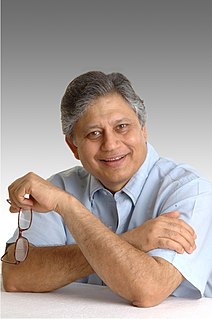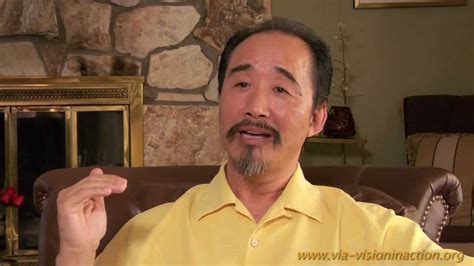A Quote by Dave Ulrich
People are more likely to support a change when they have information on it and when they participate in it. So, getting the CHRO information about the transformation and involving the CHRO in the transformation effort are critical to success.
Related Quotes
People will change when they see that the change will help them reach their goals. If the CHRO sees that the HR transformation that others desire will help the CHRO reach his or her goals, then there will be more support. Absent this reasoning, the CHRO may go through the motions, but the transformation will not be sincere or lasting.
One of the great misconceptions about spiritual growth that develops in a lot of churches is that information alone is adequate to produce transformed human beings. So if we want to have a church of spiritually mature people, let's just keep cramming more and more information into them... Information alone is not adequate for the transformation of the human personality.
If the soul is impartial in receiving information, it devotes to that information the share of critical investigation the information deserves, and its truth or untruth thus becomes clear. However, if the soul is infected with partisanship for a particular opinion or sect, it accepts without a moment's hesitation the information that is agreeable to it. Prejudice and partisanship obscure the critical faculty and preclude critical investigation. The results is that falsehoods are accepted and transmitted.
Well, there's a question as to what sort of information is important in the world, what sort of information can achieve reform. And there's a lot of information. So information that organizations are spending economic effort into concealing, that's a really good signal that when the information gets out, there's a hope of it doing some good.
Well, there's a question as to what sort of information is important in the world, what sort of information can achieve reform. And there's a lot of information. So information that organizations are spending economic effort into concealing, that's a really good signal that when the information gets out, there's a hope of it doing some good...
You know, entropy is associated thermodynamically, in systems involving heat, with disorder. And in an analogous way, information is associated with disorder, which seems paradoxical. But when you think about it, a bit of information is a surprise. If you already knew what the message contained, there would be no new information in it.

































